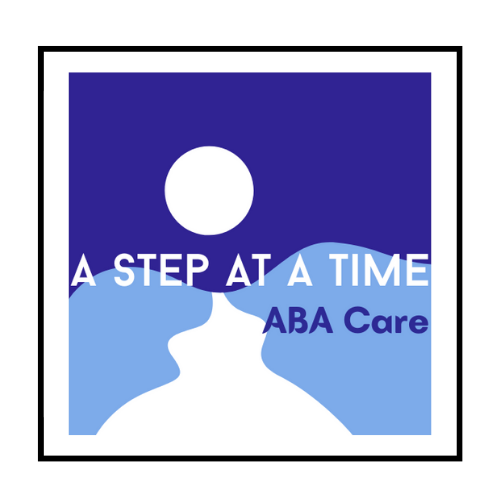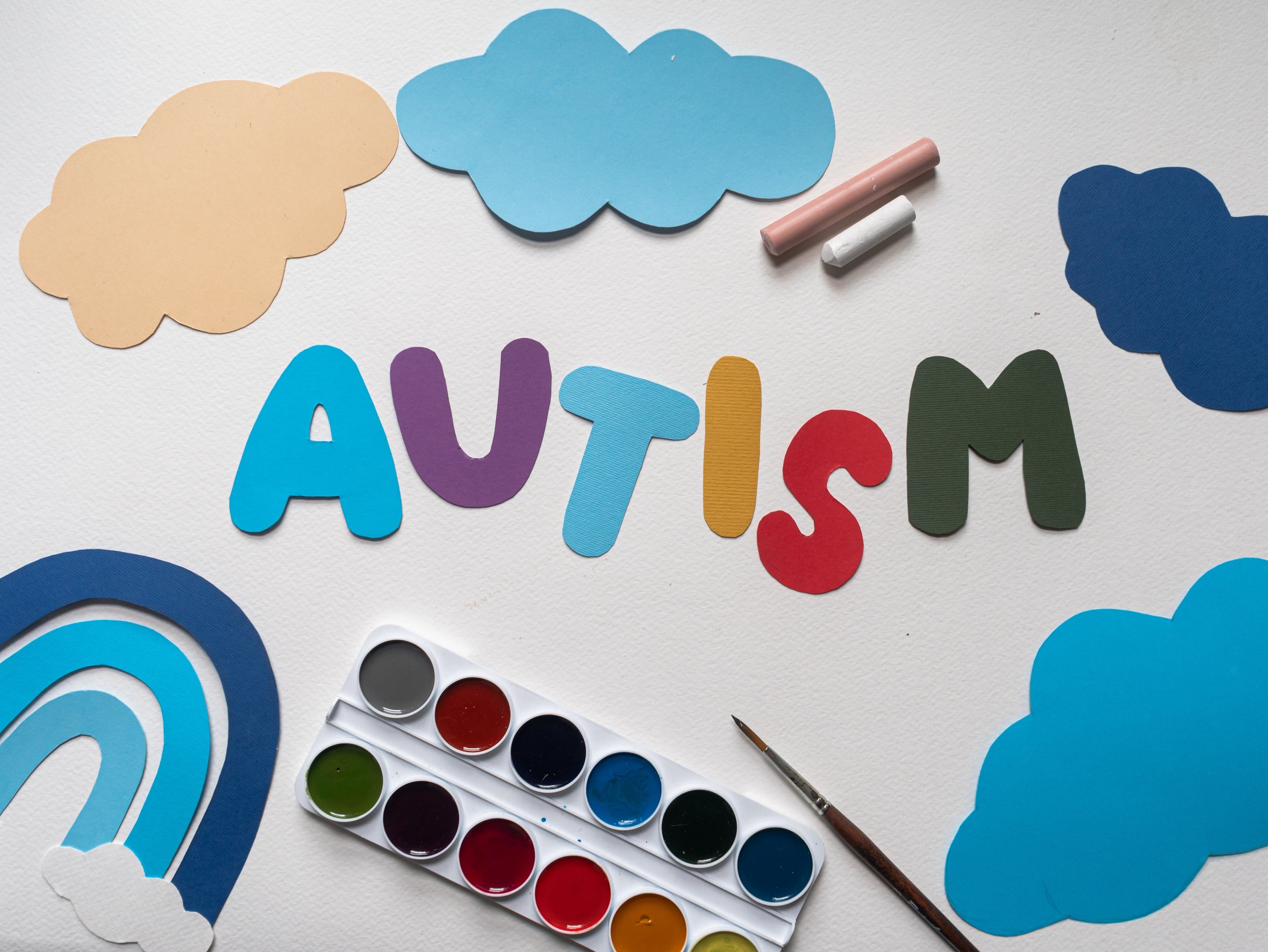Autism is on the rise.
Statistics for
Latest statistics:
In 2025, the Centers for Disease Control and Prevention reported another increase in autism’s prevalence to 1 in 31 children, which is 5x higher than when surveys started 25 years ago.
This is up from 1 in 36 found in 2023 based on analyses of 8-year-olds and 4-year-olds.
This is up from 1 in 44 found in 2018.
This is far above the 1 in 110 found in 2006.
This is far above the 1 in 150 found in 2000.
Autism spectrum disorder (ASD) is perhaps one of the most important medical disorders of our era because of the number of people it affects.
Among children aged 8 years in 2022, ASD prevalence was 32.2 per 1,000 children (one in 31) across the 16 sites conducting surveillance for ASD among children aged 4 and 8 years.
ASD was 3.4 times as prevalent among boys (49.2) than girls (14.3).
Overall, ASD prevalence was lower among non-Hispanic White (White) children (27.7) than among Asian or Pacific Islander (A/PI) (38.2), American Indian or Alaska Native (AI/AN) (37.5), non-Hispanic Black or African American (Black) (36.6), Hispanic or Latino (Hispanic) (33.0), and multiracial children (31.9).
-
Autism spectrum disorder (ASD) is a broad term used to describe a group of neurodevelopmental disorders.
Children with ASD possess a complex condition that affects brain development and creates difficulty with social interaction, communication, and emotional control.
Some children engage in repetitive behaviors, resist change, and demonstrate aggressiveness or self-harm.
Some autistic children possess an above-average IQ and have astounding memories and academic capabilities.
Every child with ASD is different from the next and unique.
-
Autism signs and symptoms typically become apparent during early childhood. Early signs of Autism include:
Avoids eye contact
Prefers alone time
Difficulty understanding feelings (self or others)
Self-absorbed, with difficulty relating to others
Touch-avoidant
Unresponsive to conversation, questions, or directions
Repeats or echoes words and phrases
Repetitive actions or behaviors
Does not engage in “pretend” games
Trouble adapting to change
Sensitive to textures, smells, and sounds
Skill regression
Difficulty expressing needs
No one child is likely to experience all these symptoms, and some may experience others that are not listed.
-
Applied Behavior Analysis (ABA) is the only clinically proven therapy for children with autism. As such, ABA is endorsed by the Autism Society of America, Autism Speaks, the American Academy of Pediatrics, and the United States Surgeon General.
There are more than 40 years of published, peer-reviewed, controlled studies on the efficacy of ABA in treating autism. By far the method with the most impressive data, long-term follow-up, and replicated results is the “Lovaas Method” developed by the late O. Ivar Lovaas, Ph.D., at UCLA.
His research in the 1970s-1990s demonstrated that 47% of children who received intensive (40 hours a week) ABA services between the ages of 2 and 7 were able to achieve normal intellectual, social, and adaptive behavior functioning by age 7 and participate in mainstream classrooms without support.
Many of the children in the remaining 53% also had good outcomes. They became verbal and participated more fully in their families, communities, and schools. Some developed age-appropriate cognition and academic skills but struggled to learn in large class settings. Others learned well but demonstrate unusual social characteristics.
A minority failed to make meaningful progress. Unfortunately, they cannot be identified at the onset of treatment, and research as to why they differ is still inconclusive.
In 2005, a study replicating the 1987 Lovaas study results, obtained results that were extremely consistent with the original 1987 numbers - 48% of children at age 7 were succeeding in mainstream settings.
Differentiating Profound from Non-Profound Autism:
In April 2023, The Center for Disease Control and Prevention reported that 26.7% of 8-year-old children with ASD have “profound autism”. The definition of profound autism that was applied was being nonverbal, being minimally verbal, or having an IQ <50.
For the first time, this reflects a growing awareness of the difference between "profound autism" and the broader "autism spectrum disorder".
Contact Us
Intake Form:
Call Us:
Quality early intervention is key. Fill out the intake form and we’ll be in touch within one business day.
Services available on a first-come, first-served basis and by therapist availability in your area.




